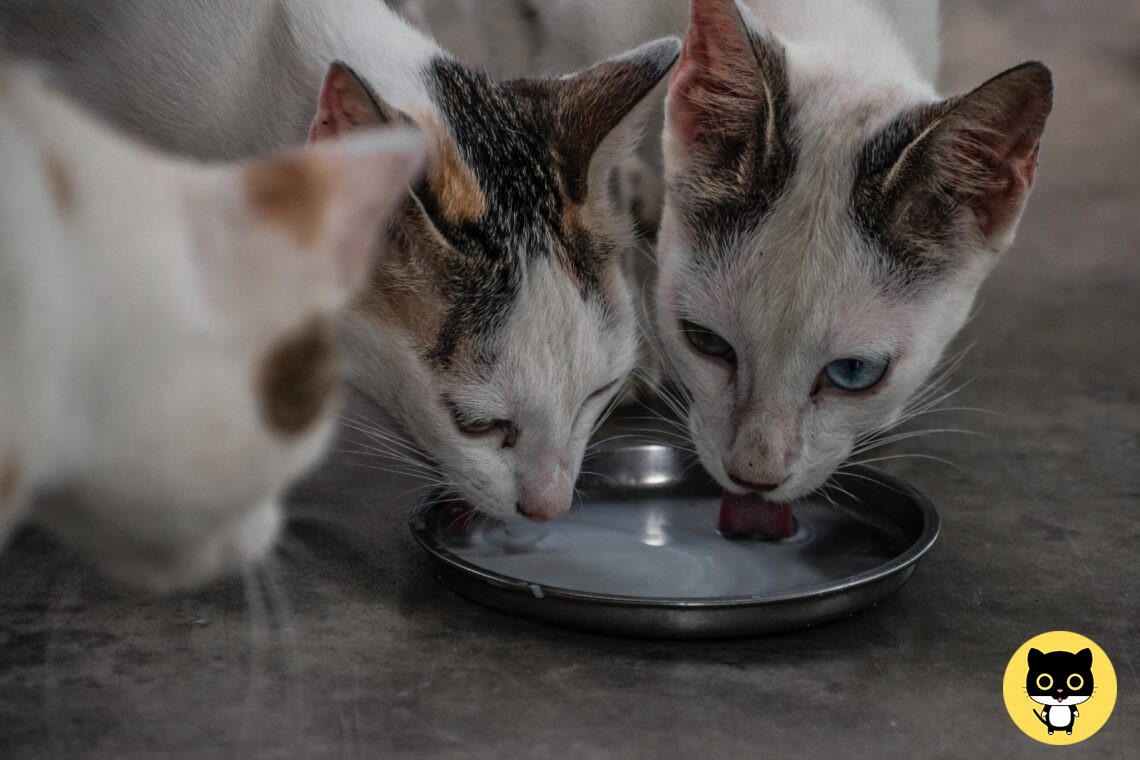Many cat owners wonder if soy milk is a safe option for their feline friends. In this guide, we will explore the facts and answer some frequently asked questions about cats and soy milk.
Before diving into the specifics of soy milk, it’s crucial to understand the dietary needs of cats. Cats are obligate carnivores, which means their bodies are designed to thrive on a diet primarily consisting of animal-based proteins. They require essential nutrients, such as taurine and arachidonic acid, which are found in meat but may be lacking in plant-based foods.
The Safety of Soy Milk for Cats
Soy milk, made from soybeans, is a popular plant-based alternative to dairy milk for humans. While soy milk is not toxic to cats, it is not an ideal choice for their diet. Cats’ digestive systems are not well-suited to process plant-based foods, and regular consumption of soy milk can lead to digestive issues such as diarrhea.
It’s important to note that cats are lactose intolerant, meaning they lack the enzyme lactase to digest lactose, the sugar found in milk. Soy milk, being lactose-free, may seem like a suitable option, but it still poses potential risks due to its composition and the way cats metabolize nutrients.
The Risks of Regular Soy Consumption
While small amounts of soy milk are unlikely to cause immediate harm to your cat, regular and excessive consumption can have negative effects on their health. Soy milk contains soybeans, which cats are not accustomed to digesting in large quantities. This can lead to gastrointestinal issues, including diarrhea, due to the high fiber content present in soy.
Additionally, some soy milk products may include additives and preservatives that are not suitable for cats. These additives can cause further gastrointestinal distress and may have long-term health consequences if consumed regularly.
Reading the Ingredient List
When considering giving your cat soy milk, it’s crucial to carefully read the ingredient list. Some soy milk brands may contain additional ingredients, such as sweeteners or flavorings, which can be harmful to cats. Always prioritize products that are specifically formulated for feline consumption and do not contain any potentially toxic additives.
It’s worth noting that the exact composition of soy milk can vary among brands and products.
The Importance of a Balanced Diet
Providing your cat with a balanced and nutritionally complete diet is crucial for their overall health and well-being. While it’s natural to want to share special treats or human foods with your cat, it’s important to prioritize their specific dietary requirements.
A high-quality commercial cat food that meets the nutritional standards set by organizations like the American Association of Feed Control Officials (AAFCO) is the best way to ensure your cat receives all the essential nutrients they need. These foods are formulated to provide the ideal balance of proteins, fats, and carbohydrates to support your cat’s health.
If you have any concerns or questions about your cat’s diet, it’s always best to consult with a veterinarian. They can provide personalized advice based on your cat’s specific needs and help you make informed decisions about their nutrition.
Do you have any experience with cats and soy milk and do you agree with the above? Please register and leave a reply below or post in the Forums.







One Reply to “Can Cats drink Soy Milk?”